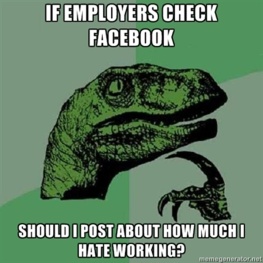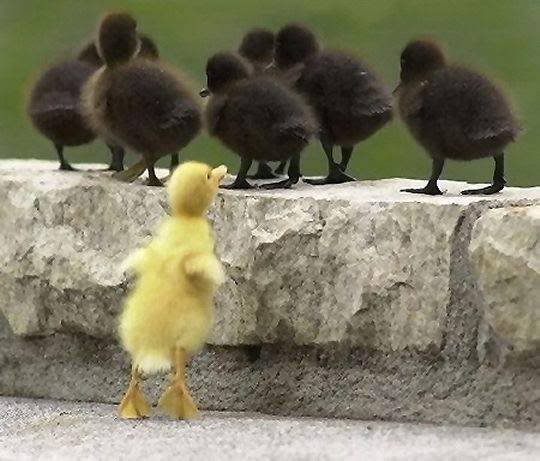
Should parents spy on their kids?
There is a large compromise that needs to be made between parents and their kids as living in the modern world has its problems. There are so many scare stories of the horrors of the internet with children meeting with strangers and the posting of information online that it can be a struggle for parents to keep on top of what their child is up to.
Many people feel that the best way to solve these problems is through using spying software to check on what exactly their child is up to.
Continue reading →















